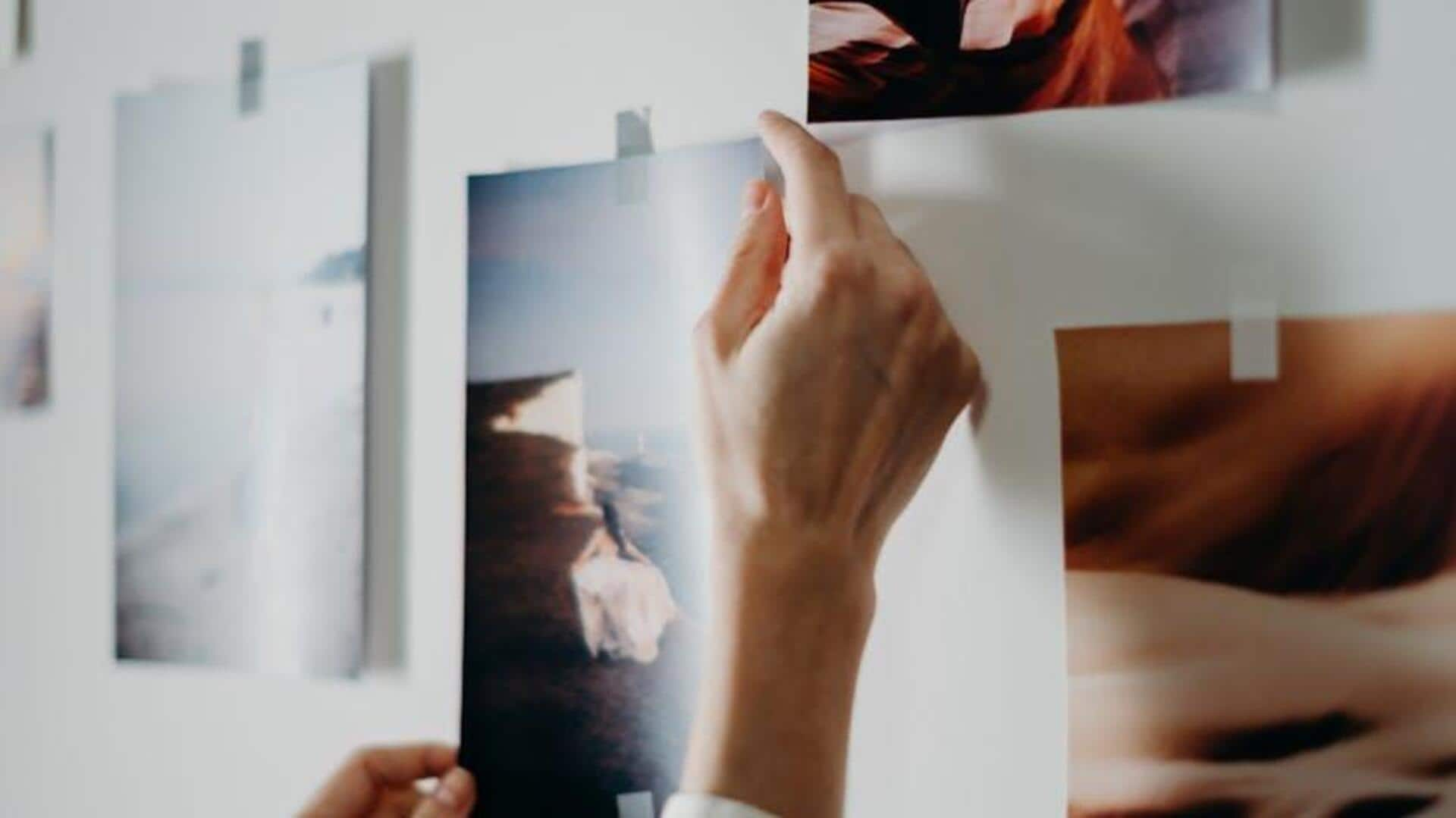
How to design a mood board (the easy way!)
What's the story
Mood boards are a designer's best friend, serving as a visual guide for projects. They help in setting the tone, color scheme, and overall feel of a design project. By putting together images, textures, and colors, mood boards give a sneak peek into what the final product will look like. Here are five expert tips to create mood boards that really resonate with your design vision.
Tip 1
Start with a clear theme
Before you start creating your mood board, it is important to have a clear theme in mind. This makes sure that all the elements you add are in sync with your project's goals. Be it a specific color palette or an emotion you want to evoke, having clarity on the theme makes it easier to pick out relevant visuals.
Tip 2
Use high-quality images
The quality of images used in your mood board can make a world of difference in how professional it looks. Use high-resolution images that are clear and detailed. Poor quality images can make even the best ideas look unappealing and distract from the overall message of the board.
Tip 3
Incorporate diverse elements
A well-rounded mood board mixes various elements such as textures, patterns, and typography along with images. This diversity gives a more comprehensive view of your design concept and inspires new ideas. Don't hesitate to experiment with different types of visuals to find out what works best for your project.
Tip 4
Keep it cohesive
While it's important to include diverse elements in your mood board, cohesion is key. All elements should work together harmoniously to support the central theme. Pay attention to color schemes and styles that complement each other rather than clash, ensuring a unified look throughout the board.
Tip 5
Regularly update your board
As your project progresses or as you discover new inspirations, don't hesitate to update your mood board regularly. This keeps it relevant and aligned with any changes in direction or focus within your design process. Regular updates also help keep fresh ideas flowing as you work toward completing your project.